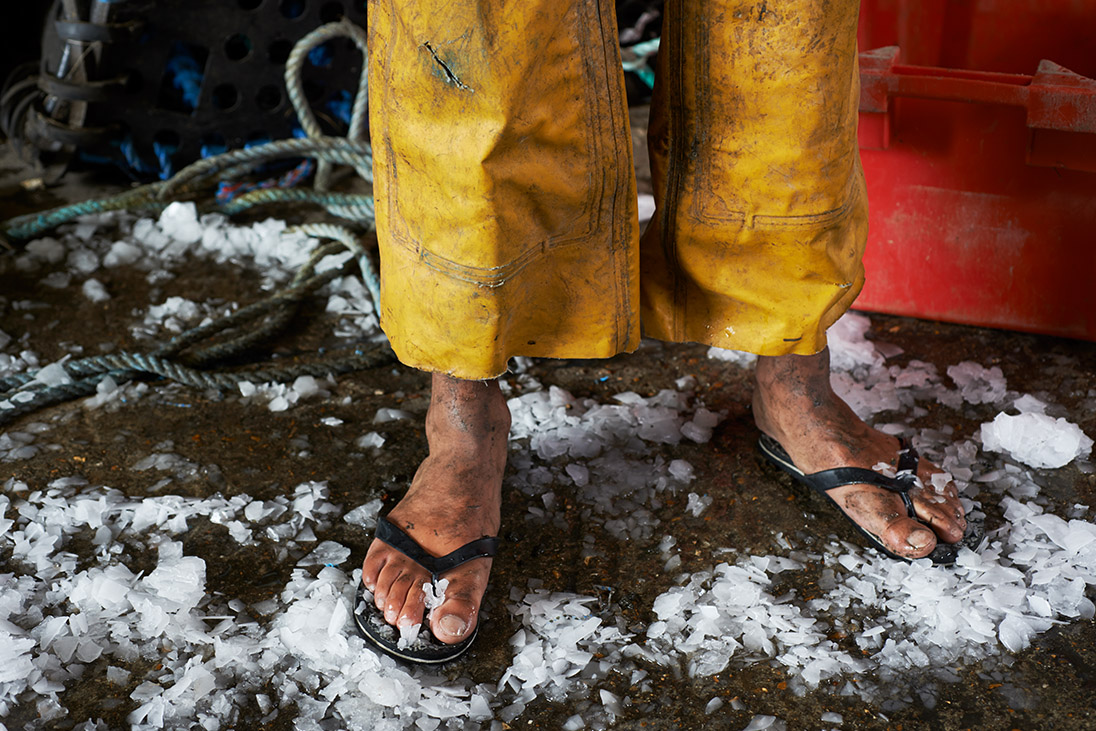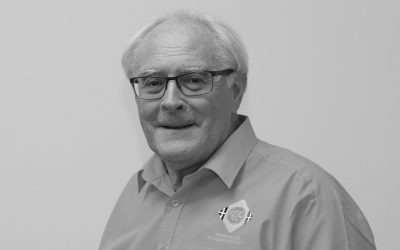Driving home from town this morning, I passed one of those old garage forecourts which now serves as a car wash.
Business was brisk with a queue of cars patiently waiting for the production line of soap, wash and clean from half a dozen men equipped with chamois leathers and hoses.
Only the day before, I had interviewed Detective Superintendent Andrew Munday, who heads up the police’s national modern slavery unit.
This followed a visit to the London safe house which is home to a dozen women, many traumatised, and all victims of trafficking.
From both sets of interviews, I really was shocked by the scale of the problem in this country – moreso the jaw-dropping fact that the majority of victims are British nationals.
How can this be happening under our own noses? I thought slavery had long since ended in 1807 when William Wilberforce paved the way for the slave trade to be abolished.
Fast forward to 2019, when Det Supt Munday talked about car washes, even nail bars which populate most towns, as well as the construction and agriculture industries.
Rotary can certainly play a part in helping to educate and inform – a role which we have been doing in many areas for over a century.”
All are target areas for those who seek to fester this most heinous of crimes.
So while the police message, understandably, is that we have a duty to be vigilant about modern slavery, how can the public be certain what is a legitimate business – and what is not?
“The fact that four or five men are cleaning a car for 30 or 40 minutes, and it costs just £5, surely it is down to the social awareness of the public to question this, and not do it,” suggested Andrew.
Because of the difficulty securing prosecutions through a lack of substantial evidence, plus an understandable desire to protect the victims, it seems as if the police have a thankless task.
But it was encouraging to hear Det Supt Munday suggest that modern slavery can be reduced significantly, and public attitude would help in that fight.


Victims are often put to work in every day businesses, from car washes to nail bars, but are given inadequate clothing to do the job required.
He reflected how the public now treats those who drink and drive. It is socially unacceptable, and a big reason for the reduction in recent years has been through social awareness and peer pressure.
“It is having the due diligence to differentiate between what is a lawful and appropriate business, to acting in a situation which causes concern,” added the police chief.
“For example, there are a number of lawful bona fide, well run and very professional car washes, and their employees may be international and speak little English, which is not an issue.
“But I would hazard a guess that for those which are professional and lawful, the clothing of the individuals will be appropriate to the circumstances and the amount charged would reflect somebody receiving a fair wage.
“Whereas the ones with the most scrutiny are where you find the clothing is awful, where workers are out in freezing conditions or driving rain, and wearing scant clothing.
“We have had cases of people wearing flip flops in the winter, walking through standing water.”
Rotary can certainly play a part in helping to educate and inform – a role which we have been doing in many areas for over a century.
You can’t expect the public to police the whole of society, but surely the first step is social awareness, saying to yourself ‘that can’t be right’ – and report it.
More often than not, it isn’t right when given closer scrutiny.


























































